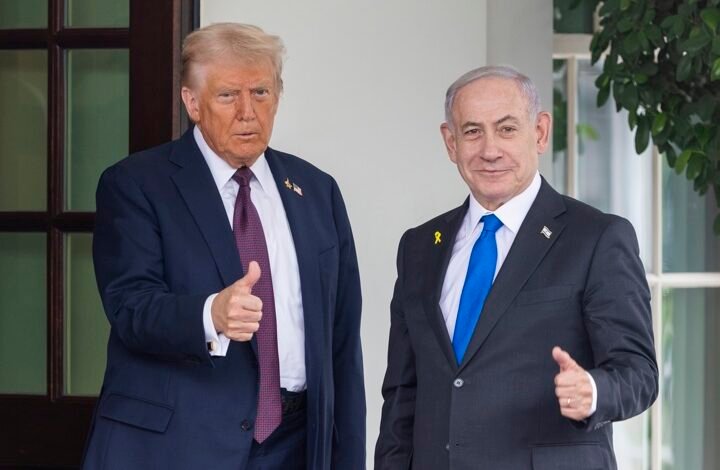US President Donald Trump and Israeli Prime Minister Benjamin Netanyahu are working on a 21-point peace plan that seeks to end the devastating war in Gaza, where more than 66,000 people have died. The proposal includes an immediate ceasefire, the release of hostages within 48 hours, and the gradual withdrawal of Israeli troops from the territory.
Netanyahu confirmed that talks with Washington are moving forward, although he stressed that the plan is not yet finalized. Trump, on the other hand, sounded optimistic, asserting that there is "a real opportunity for greatness in the Middle East." The announcement coincides with growing international pressure, following the recognition of the Palestinian state by several European countries and global condemnation of the humanitarian crisis in the Gaza Strip.
Ending the Gaza conflict: A plan with sensitive issues
The draft was shared with Arab and Muslim countries during the UN General Assembly, where it received attention but also skepticism. The plan envisions, in addition to a ceasefire and the gradual withdrawal of the Israeli army, a process of Hamas disarmament and the creation of a governance framework for Gaza that could include the participation of Palestinian or international forces. However, Hamas has not yet issued a formal response, and in Israel, divisions persist within the ruling coalition, with some sectors rejecting any compromise that would involve ceding political or military control.
Political pressures
The urgency of the plan is due to several factors. In Israel, the families of the hostages are holding strong protests and demanding concrete results, while Netanyahu faces domestic questions about his handling of the war. In the United States, Trump is seeking to position himself as a mediator capable of restoring influence in the region and demonstrating international leadership.
The scenario is not new: previous ceasefire agreements have quickly collapsed due to a lack of trust and verification mechanisms. What distinguishes this initiative is the accumulated international pressure, the magnitude of the humanitarian catastrophe, and Israel's growing diplomatic isolation. Even so, the plan's future will depend on the parties accepting painful compromises and on a solid structure to monitor their compliance.
For Gaza, devastated by months of bombing and mass displacement, the plan represents a fragile but necessary hope. For Israel and the United States, it is a high-risk political gamble: if it fails, it will not only prolong the war but also increase distrust of the promises of peace in a region still marked by desolation and disenchantment.
For more stories like this, follow More Latin.
Sources:

